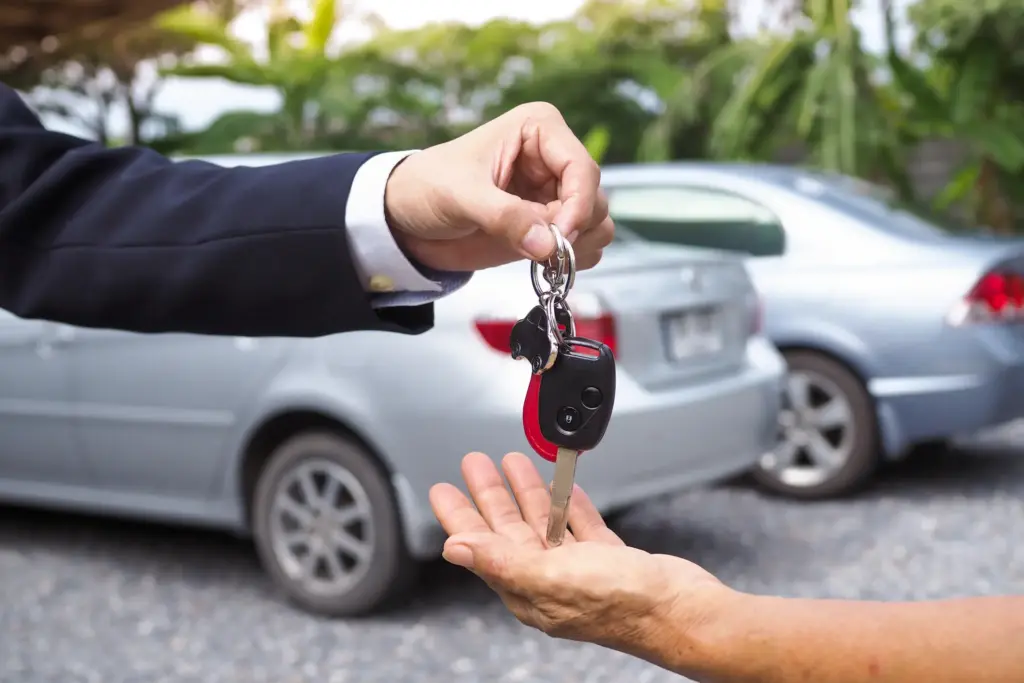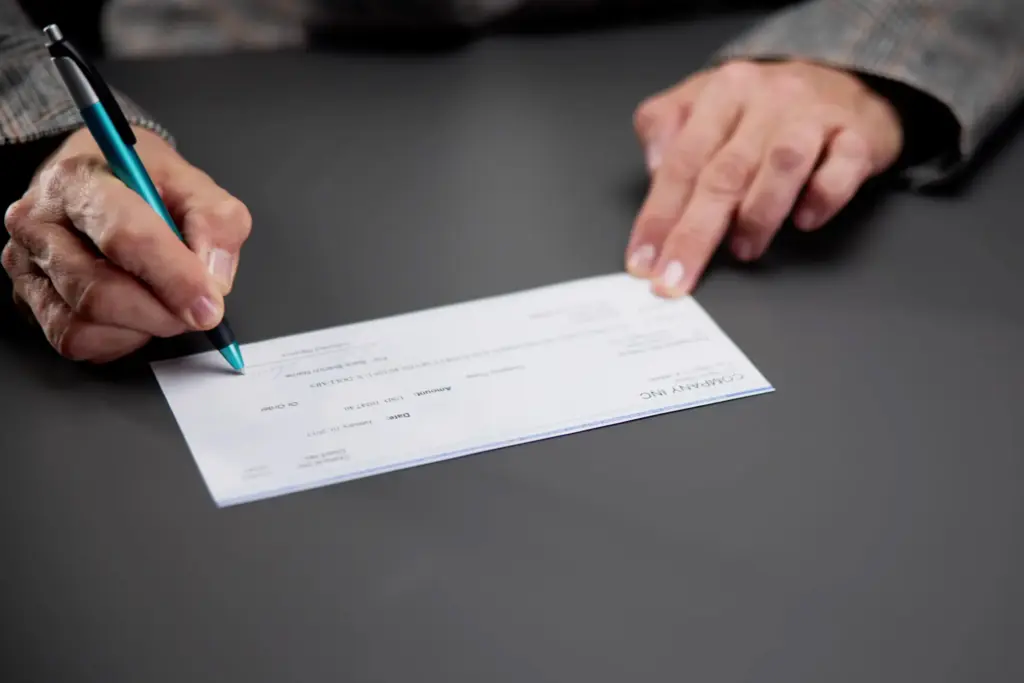Buying a new car is supposed to be exciting—a fresh start with a reliable vehicle. But what happens when your ride turns into a nightmare of breakdowns, weird noises, or safety issues? If you’re stuck with a “lemon,” California’s Lemon Law offers a way-out. At West Coast Trial Lawyers, we’ve helped countless drivers navigate the Lemon Law buyback process, and we’re here to walk you through it step-by-step.
This guide breaks down everything you need to know—how to spot a lemon, what a buyback means, how much you could get, and why having a skilled attorney makes all the difference.
What Exactly Is a Lemon Law Buyback?

A Lemon Law buyback is when a car manufacturer agrees (or is legally required) to repurchase your vehicle because it’s defective and can’t be fixed after a reasonable number of repair attempts. California’s Song-Beverly Consumer Warranty Act, often called the Lemon Law, protects consumers from being trapped with cars that don’t work as promised.
A “lemon” typically has significant issues that affect its safety, value, or functionality like a faulty transmission, persistent electrical glitches, or brakes that don’t respond reliably. To put it concisely, a buyback is your legal right to get your money back (or a replacement vehicle) if your car is a lemon, but the process isn’t always straightforward, which is why preparation is everything.
Learn more about California’s Lemon Law at the California Department of Consumer Affairs.
How Do You Know If Your Car Is a Lemon?
Not every car with a problem qualifies as a lemon. Under California law, your vehicle typically needs to meet these criteria:
- Significant Defect: The issue must substantially impair the car’s use, value, or safety. A minor cosmetic flaw, like a scratch, won’t cut it, but a recurring engine failure will.
- Multiple Repair Attempts: The defect must persist after a “reasonable” number of repair attempts, often two or more for serious safety issues or four or more for other problems.
- Warranty Coverage: The issue must arise while the vehicle is under the manufacturer’s warranty.
Pro Tip: Start documenting issues the moment you suspect a problem. Your records will be the backbone of your claim.
Kicking Off the Buyback Process: What You Need to Do
So, you think you’ve got a lemon. What’s next? The buyback process can be annoying, but breaking it down into clear steps makes it manageable. Here’s how to get started:
- Document Everything: Keep a detailed log of every repair visit. Note the dates, what you told the mechanic, what they did, and whether the issue was resolved. Save all receipts, work orders, and correspondence with the dealership. This paper trail is critical evidence.
- Notify the Manufacturer in Writing: Send a formal letter to the manufacturer describing the defect and your repair history. Be clear and concise, and keep a copy for your records. This step shows you’ve given them a fair chance to fix the problem.
- Get Legal Help Early: A Lemon Law attorney can evaluate your case, handle communications with the manufacturer, and ensure you don’t miss any deadlines. At West Coast Trial Lawyers, we offer free consultations to assess your situation and guide you forward.
- File a Claim if Needed: If the manufacturer drags their feet or denies your claim, your attorney can escalate the case, potentially filing a lawsuit to enforce your rights.
What Can You Expect from a Buyback?
If your vehicle qualifies as a lemon, the manufacturer must either replace it or buy it back. Most people choose a buyback because it offers a clean break. Here’s what a buyback typically includes:
- Down Payment: The initial amount you paid upfront.
- Monthly Payments: All loan or lease payments you’ve made.
- Remaining Loan Balance: Any outstanding debt on the vehicle.
- Collateral Costs: Expenses like sales tax, registration fees, and licensing.
- Incidental Damages: Out-of-pocket costs caused by the defect, such as towing fees, rental cars, or even Uber rides when your car was in the shop.
There’s a catch, though: the manufacturer can deduct a “mileage offset” based on how much you drove the car before the first repair attempt. The formula is:
(Miles driven before first repair ÷ 120,000) × Purchase price
For example, if you drove 8,000 miles before reporting a defect on a $40,000 car:
(8,000 ÷ 120,000) × $40,000 = $2,666.67
This amount is subtracted from your refund. Your attorney can help ensure the manufacturer calculates this fairly.
Do All Car Brands Handle Buybacks the Same Way?
While California’s Lemon Law applies to all manufacturers, the experience can vary. Mainstream brands like Toyota, Honda, or Chevrolet often have streamlined processes for handling claims, thanks to their large customer bases and established protocols. Luxury brands like Maserati, Tesla, or Mercedes-Benz, however, may involve more red tape, as their processes can be less transparent or more hostile.
Is a Buyback Your Only Option?
If your car is a lemon, you have two main remedies under California law:
- Buyback: The manufacturer repurchases your vehicle, refunding most of your costs.
- Replacement: The manufacturer provides a comparable new vehicle.
While a replacement sounds good in theory, many consumers prefer a buyback to avoid the risk of another defective car. The choice depends on your priorities—do you want a fresh start with cash in hand, or are you loyal to the brand and willing to try again? Your attorney can help you weigh the pros and cons.
Why Pursuing a Buyback Is Worth It
Dealing with a lemon is stressful, but pursuing a buyback offers real benefits:
- Financial Recovery: Get back your down payment, monthly payments, and related costs.
- Peace of Mind: Stop worrying about a car that’s unreliable or unsafe.
- Accountability: Hold manufacturers responsible for selling defective vehicles, encouraging better quality control.
Best of all, California’s Lemon Law requires manufacturers to cover your attorney’s fees if your claim succeeds. This means you can seek justice without upfront legal costs. At West Coast Trial Lawyers, we’ve seen clients go from frustrated to relieved after securing buybacks that put thousands back in their pockets.
Common Mistakes to Avoid
The Lemon Law process isn’t foolproof, and mistakes can weaken your case. Here are pitfalls to watch for:
- Not Documenting Repairs: Without records, it’s your word against the manufacturer’s.
- Accepting a Partial Fix: Don’t let the dealership convince you the issue is “mostly” resolved if it’s not fully fixed.
- Delaying Action: Waiting too long can complicate your claim, especially if the warranty expires.
- Going Solo: Manufacturers have legal teams ready to challenge your claim. An attorney ensures you’re not outmaneuvered.
Why West Coast Trial Lawyers Is Your Best Ally
At WCTL, we’re not just attorneys—we’re advocates who’ve been in your shoes, frustrated by systems that seem stacked against you. Our team has a proven track record of winning Lemon Law cases, from everyday sedans to high-end electric vehicles. Here’s what we bring to the table:
- Free Case Evaluation: We’ll review your situation at no cost and explain your options.
- No Upfront Fees: You pay nothing unless we win, thanks to California’s fee-shifting law.
- End-to-End Support: We handle everything—paperwork, negotiations, and, if needed, litigation—so you can focus on moving forward.
- Maximum Compensation: We fight to ensure you get every penny you’re entitled to, from your down payment to incidental costs.
Don’t let a lemon sour your life. Call us for a FREE case review at (213) 927-3700 or reach out via this quick online contact form to schedule your free consultation.
We’ll help you turn a frustrating situation into a fair resolution.
Ready to take action? Visit our Lemon Law Services page















































































